One of the most popular stories in the Bible takes place in the second book called Exodus. In it, Moses, once a prince of Egypt, leads the Hebrew people out of Egypt and into the Promised Land. However, who is the Pharaoh in Exodus, and why doesn't the Bible name them?
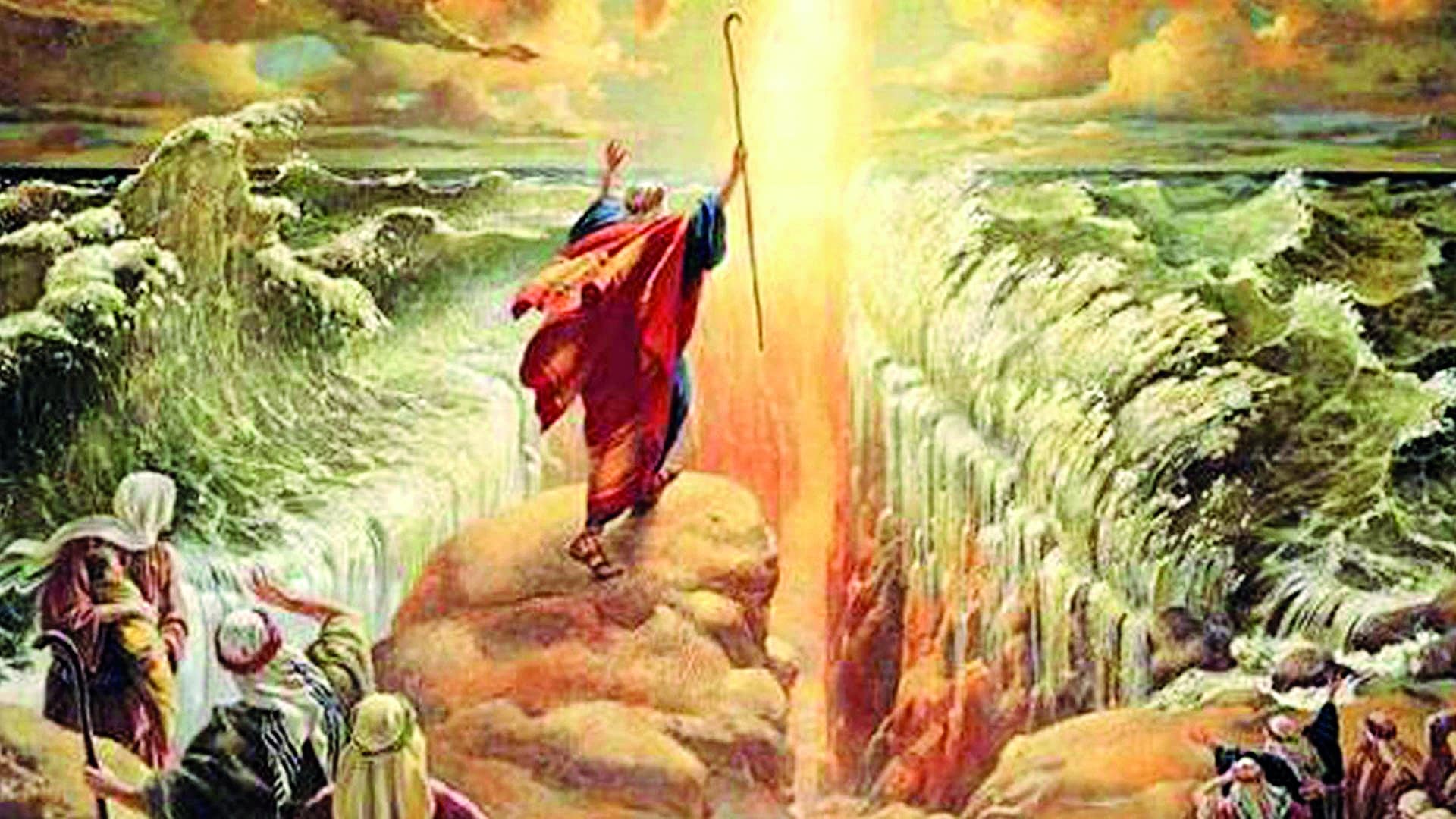
Why Isn't The Pharaoh Named?
In case you are unaware, Pharaoh is a title, not a person's name. It is no different than a King or President.
The Bible mentions Pharaoh multiple times in the Old Testament:
- Genesis 12:10 -20 - This is the first mention of a Pharaoh in the Bible. It is when Abram and Sarai arrived in Egypt, and Abram tells Sarai to act as if she was his sister. Abram was a wealthy man that many would label a sheik, and his arrival would not go unnoticed. Pharaoh was impressed with Sarai's beauty and, out of ignorance, attempted to make her his wife. God stepped in and stopped the marriage before its consummation. This Pharaoh is not named.
- Genesis 37 - 50 - This is the story of Joseph. This Pharaoh is first mentioned when Joseph was asked to interpret his dream. Joseph did and was promoted from slave to vizier. Later in Joseph's life, when famine ravaged the land, he would save his father Jacob's family by providing them with food. Joseph's actions were viewed favorably by the Egyptians, and his reputation would protect the Hebrews for many generations until the book of Exodus. This Pharaoh was also not named.
- Exodus - This Pharaoh was one of the more powerful Pharaohs that characters in the Bible interacted with. I will delve into my theory as to who I believe this Pharaoh is, but it is important to again show that he was never named in the Bible.
- 1 Kings 3:1 - This Pharaoh gave Solomon his daughter for marriage. Once again, this Pharaoh is not named.
Why didn't God name the Pharaohs in scripture? He named other leaders throughout the Bible.
I can only offer a couple of theories:
- He did not find it important - The Bible can be used as a history book. These were real people who walked the earth and dealt with other real people. However, the primary focus of the Bible is not delivering accurate names and dates of leaders but rather Jesus. The coming of a Savior was the focus of the Old Testament, and the purpose of the New Testament is to point back to Jesus's death and resurrection and point forward to his second coming. The Bible is the most accurate history book, and archaeology has shown how accurate it is for many centuries. While that is nice to read about, it is not the focus of the scripture.
- He did not want to give them credit - Pharaohs viewed themselves as gods. They built extravagant tombs for them to be put into when they died. They were notoriously concerned about how they would be remembered and believed they deserved the credit for Egypt's greatness. God tends not to look favorable on that behavior, Proverbs 10:7. It is ironic that some of the most well-known figures in the ancient world are never named in the most popular book in the world.
So that kind of provides some insight, but this is a question that only God knows the answer to.
Who Is The Pharaoh In Exodus?
To figure out who the Pharaoh is in Exodus is important to see what timeline the Bible gives us.
Two references provide that insight: 1 Kings 6:1 and Judges 11:26.
If we take a literal interpretation of that date, it would put the Exodus around 1446 BC.
The Pharaoh who was leading Egypt in 1446 BC would have been Amenhotep II, who reigned from 1453 - 1419 BC. This means that the Exodus would have occurred at the beginning of his reign.
Amenhotep II would have been a Pharaoh in the 18th Dynasty of Egypt. This begs the question of whether the life of Moses and the life of Amenhotep II line up correctly.
In order for my theory to have a chance, I need to see if the other Pharaohs mentioned fit into the life of Moses.
Understanding Joseph
According to the Bible, the children of Israel were not always enslaved by the Egyptians. It seemed as if they lived peacefully among the Egyptians for a couple of centuries.
So, something had to occur for them to become enslaved. The Bible does give us an answer, but before I give that answer, I need to explain the political environment of Egypt at the time.
Egypt was not always a unified kingdom. It was at one point divided into Upper and Lower Egypt. The upper and lowers are not how you would see them on a map, but instead, it had to do with elevation.
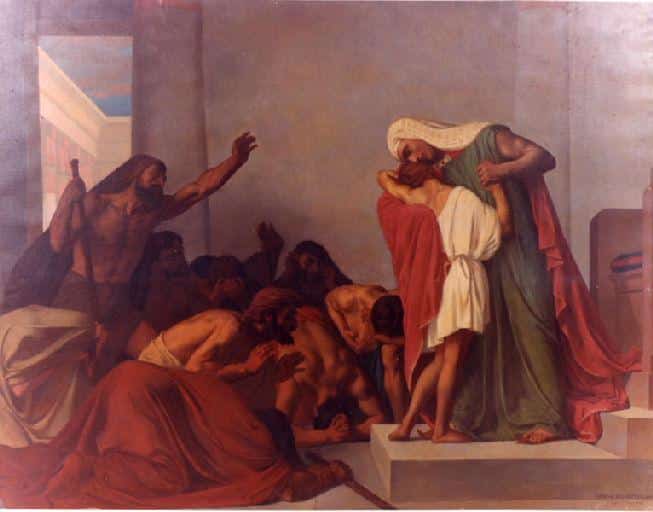
Joseph was a well-known figure in Egyptian history. He had risen from a slave to becoming the second in command. His work as a competent administrator not only saved many Egyptians but increased their power and influence throughout the ancient world.
However, Exodus 1:8 points to a new Pharaoh who did not remember Joseph. How is it possible for Joseph to be remembered and then be forgotten so quickly and an entire people group enslaved?
The answer, I believe, lies in the unification of Egypt and the attitude towards the Hyksos.
Hyksos Dynasty
The Hyksos were Semites or foreigners. They had begun to trickle into Egypt after being displaced from Canaan around the port city of Avaris in 1800 BC. They would be labeled as invaders, but this is rejected, and what occurred was a gradual increase in population that would eventually place wealthy Hyksos Egyptians in places of influence.
After the last Pharaoh of the 12th dynasty died, Egypt went into a period of decentralization. There seemed to be a collection of small kingdoms, which included one based out of Avaris.
This would eventually lead to the Hyksos 15th Dynasty when they took control of Lower Egypt. The Hyksos people were despised by the Egyptians who were living in Upper Egypt.
It would be during the Hyksos dynasty that Joseph appears as a young man. It would seem logical that the Hyksos Pharaoh would not have an issue with putting Joseph into a position of power despite Joseph being a foreigner.
Joseph died in 1590.
The Hyksos dynasty would go from approximately 1650 - 1570 and would be conquered by the 18th Dynasty from Upper Egypt, who would then unify Egypt under the New Kingdom's first Pharaoh, Ahmose I.
Ahmose, I would have been the first Pharaoh mentioned in Exodus.
The 18th Dynasty
Ahmose I (1570 - 1551 BC)
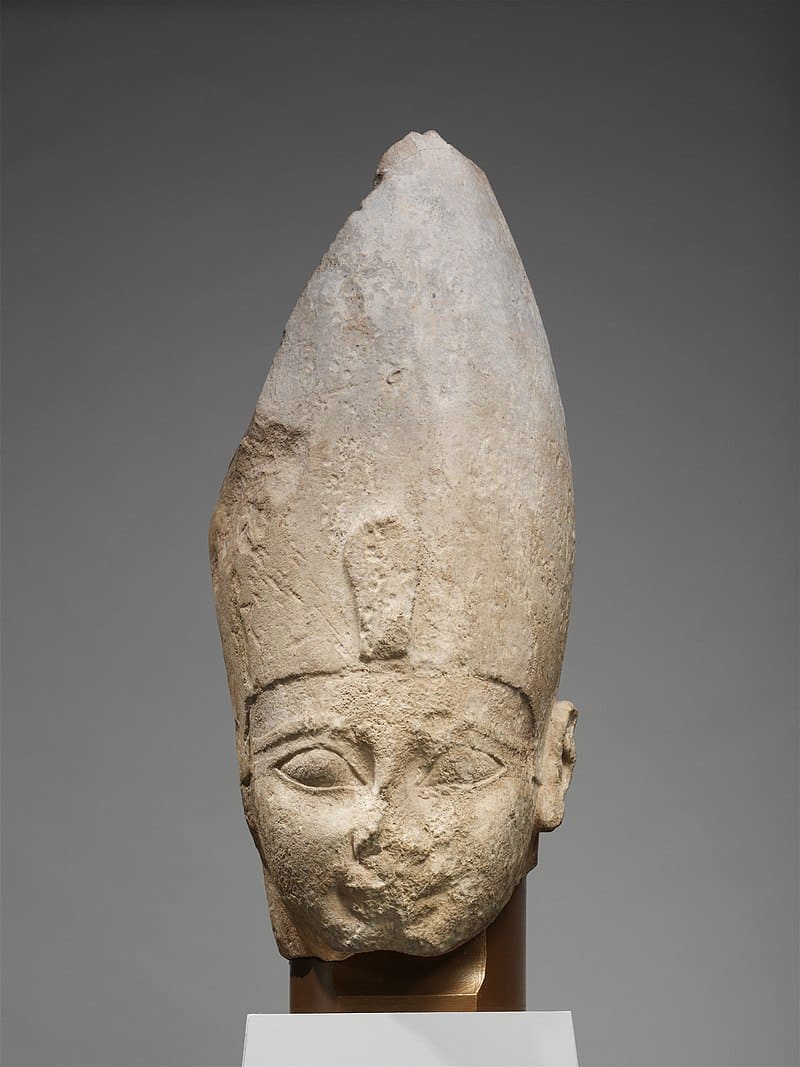
Ahmose, I wanted to erase the Hyksos from Egypt's history. He came from Upper Egypt and would not have known Joseph, who lived in Lower Egypt.
Exodus 1:9-10 shows Ahmose I thought process, and when understanding the historical context he was living in, it makes sense. He views the Hebrews as a threat due to their high population. They were also foreigners and surely friendly with the Hyksos, who had been driven out of Egypt but not completely destroyed.
Instead of driving out the Israelites, he set up taskmasters that would oversee them.
His conquest of Egypt occurred later in his tenure as Pharaoh. Soon after oppressing the Israelites, he would die, and his son Amenhotep I would take over.
Amenhotep I (1551 - 1524 BC) and Thutmose I (1524 - 1518 BC)
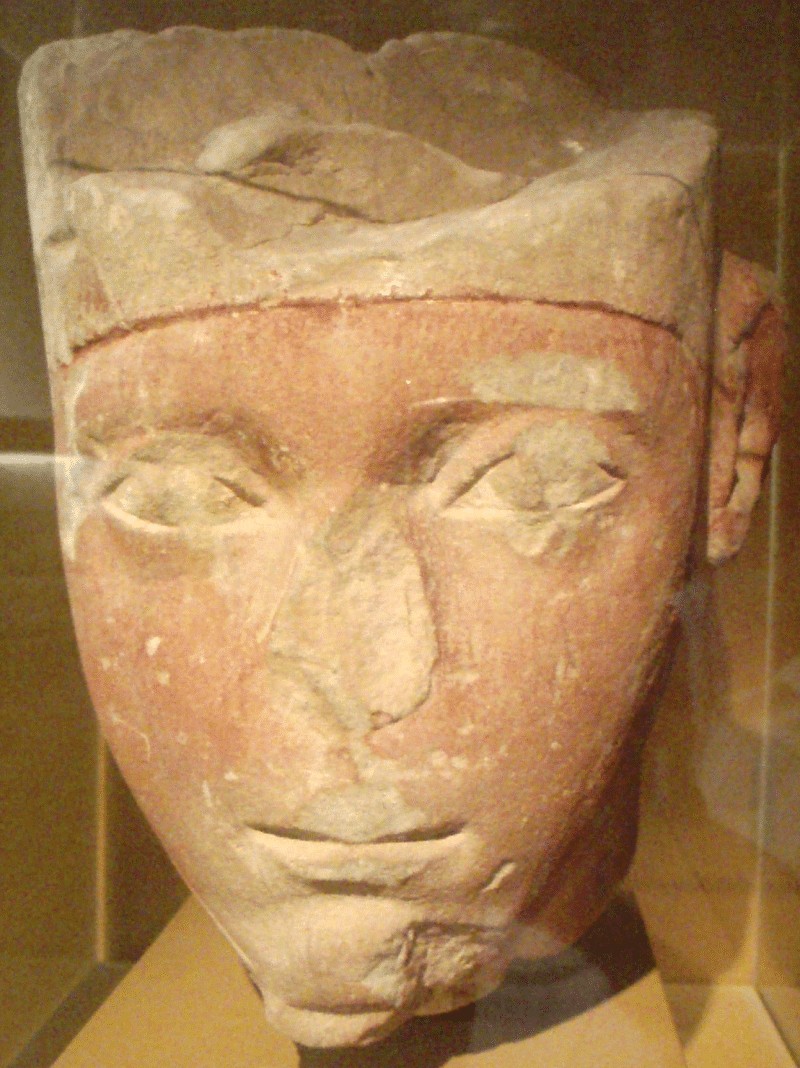
Moses was born approximately 1526 BC. This approximation puts him at the end of Amenhotep I or at the beginning of Thutmose I's short reign. It would most likely be the latter.
It is clear that there was a Pharaoh who came into power and ordered the midwives to kill the male babies after delivering. The midwives refused to do this, and it would have taken the Pharaoh some time to notice their inaction. I speculate that it was Amenhotep I that gave this initial order.
Amenhotep I did not have an heir, so Thutmose I became Pharaoh after his death. Thutmose I was a decorated general and would have been trusted by Amenhotep I.
He probably was the one who ordered that the male children be thrown into the Nile, which then prompted the mother of Moses to hide her son.
Thutmose I had five children, with only two surviving to adulthood, Thutmose II and Hatshepsut. Thutmose II was born to a minor wife. To secure his kingship, he married Hatshepsut, his half-sister.
The Bible said that Moses was discovered by Pharaoh's daughter, which would have been Hatshepsut. She would have been well-known and powerful with her marriage to a future Pharaoh.
Moses would then be raised by Hatshepsut, but she allowed Moses to be watched over by his Hebrew mother.
Thutmose II would become Pharaoh for a short period after his father died. He would also have a son with another woman. When he died, his son was declared Pharaoh but was too young to take command. Hatshepsut would become the second female Pharoah of Egypt.
Hatshepsut (1498 - 1483 BC) and Thutmose III (1483 - 1450 BC)

The dynamic between these two characters is fascinating.
Hatshepsut took over as Pharaoh when Thutmose III was two years old. She was not a skilled warrior and acted more as a pacifist during her reign. She focused on trade and increased Egypt's wealth and trade routes.
She would have been the Egyptian mother of Moses, and he was possibly being groomed to take over for her in the event of her death.
She did not like her stepson, Thutmose III. When he was old enough, she sent him off to the military, believing that she would never see him again. This would be the only political mistake she would make, and it would be a costly one.
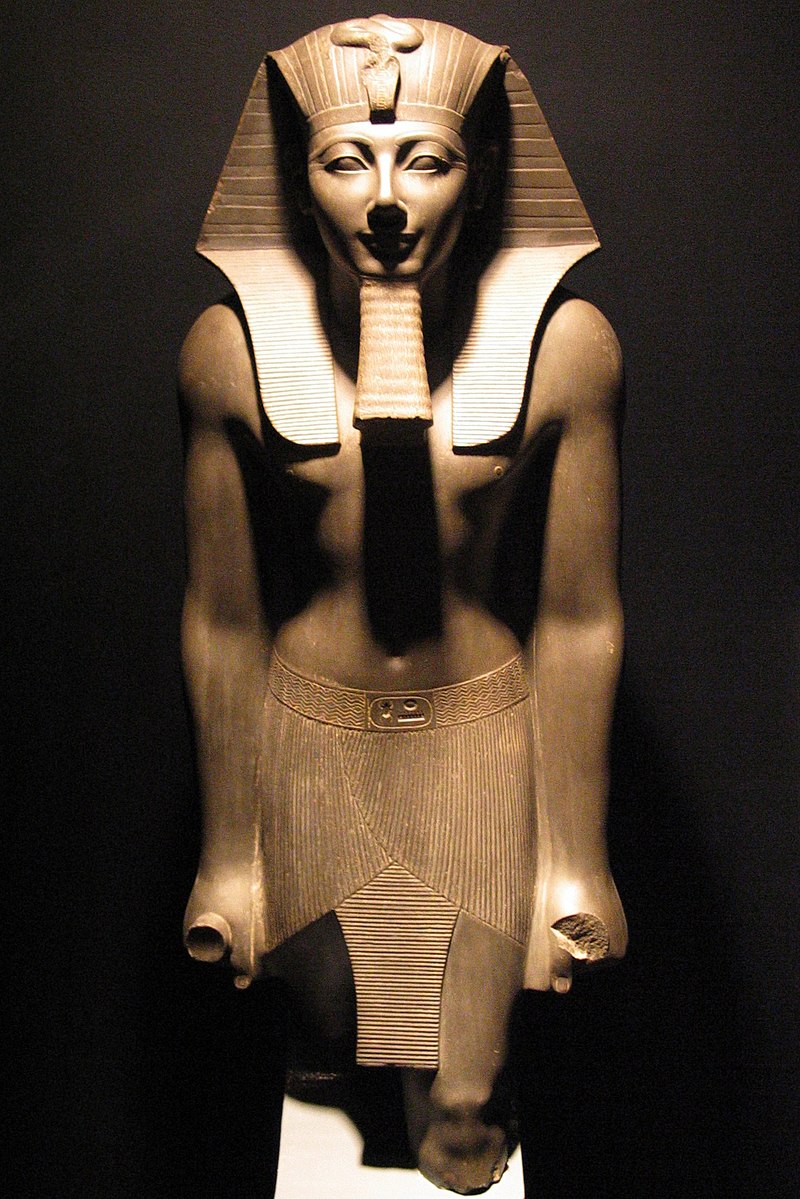
Thutmose III grew up and thrived in the military. He became a charismatic leader and would gain enough power to overthrow his stepmother.
Hatshepsut died under mysterious circumstances, and soon, we see Moses in the Bible having a confrontation with an Egyptian and killing him. When news about what he did reaches the Pharoah, he flees and does not return until after his death.
Thutmose III would go on to become the most powerful Pharaoh of the 18th Dynasty and turn Egypt into an International Superpower. He is recorded to have captured 350 cities during his rule and conquered much of the Near East from the Euphrates to Nubia during seventeen known military campaigns. He was the first pharaoh after Thutmose I to cross the Euphrates, doing so during his campaign against Mitanni.
Moses fled and lived among the Midianites and would not be called back into the picture until Thutmose III died.
Amenhotep II (1453 - 1419)
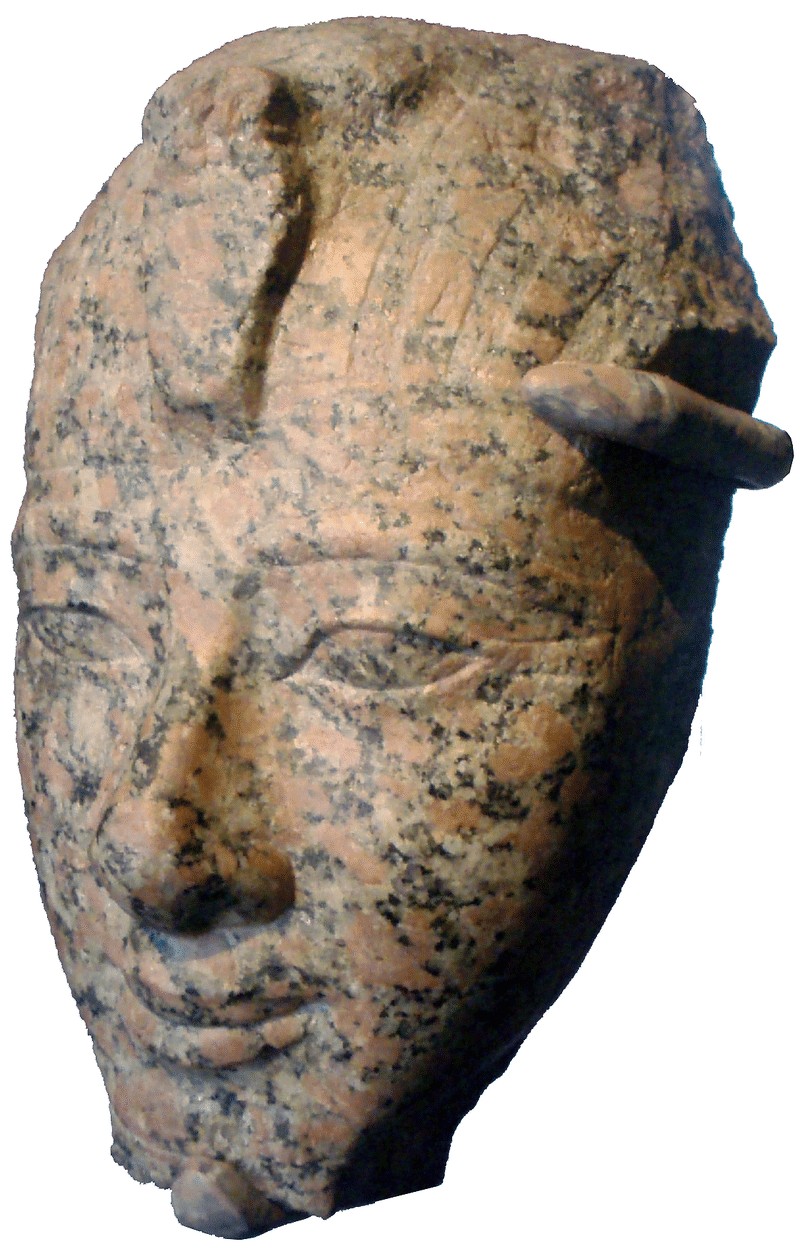
Amenhotep II came to power at a peculiar time. Royal power had weakened, and religious leaders and farmers controlled much of the land. There were also some revolts occurring in Syria as well.
Amenhotep had quite a bit to deal with when he came to power, and he seemed to handle it well and aggressively.
It seems from history that he was athletic, excellent with the bow and chariot, and charismatic. For 5 years, it seemed as though he was going to challenge his father for the greatest military Pharoah of Egypt, and then something happened in his 6th year.
This is approximately when Moses showed back up in Egypt after seeing the burning bush. The Bible says in Exodus 2:23-25 that when the previous Pharoah died, he appeared to Moses. This would mean that the Pharoah had to be towards the beginning of his reign.
Moses appeared in Israel and confronted Pharoah. For Moses to gain an audience with a powerful ruler, he would have to know someone. Perhaps Amenhotep had heard of him; regardless, it was not usual for a slave to gain an audience with a king.
The Bible says repeatedly that Pharoah's heart was hardened and that he refused to let the Children of Israel go until the final plague when God sent the death angel to kill the firstborn sons. Sons were important as they kept the throne within the family line.
Pharoah lost his son, and only then did he agree to let the Hebrews go. As they were leaving, his heart hardened again, and he chased them with chariots. Exodus 14:5-9.
He cornered them to the Red Sea, where God parted the waters. Pharoah continued to chase them, but when all of the Hebrews had crossed, Moses signaled, and the waters collapsed on the Egyptians, killing them all. Exodus 14:27-28.

The story of Amenhotep II in history goes strangely dark. The young king does not continue to conquer. Instead, his reign is unspectacular. After his death, the Pharoah's name after him was Thutmose IV, who was the son of Amenhotep but seemed always to be using propaganda to legitimize his reign.
This would have been because he was not the original heir. His father had lost his firstborn.
Thutmose IV's reign was also insignificant as Egypt was still feeling the effects of losing the Hebrews and their army.
While this is speculative, the dates match, and the story makes sense. Historians were propagandists in the ancient world, and objectivity did not come until Herodotus later on. They would not have told of their failures, especially the Egyptians, because they were so concerned with how they would be remembered.
